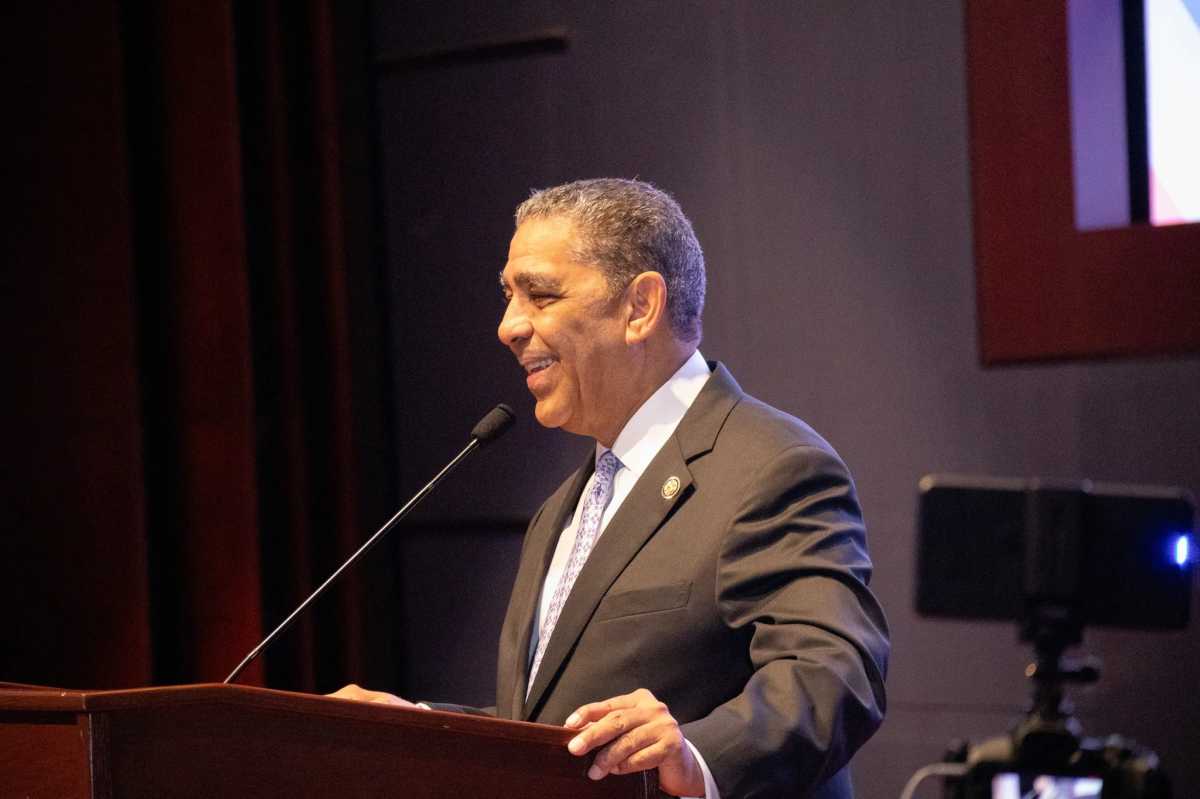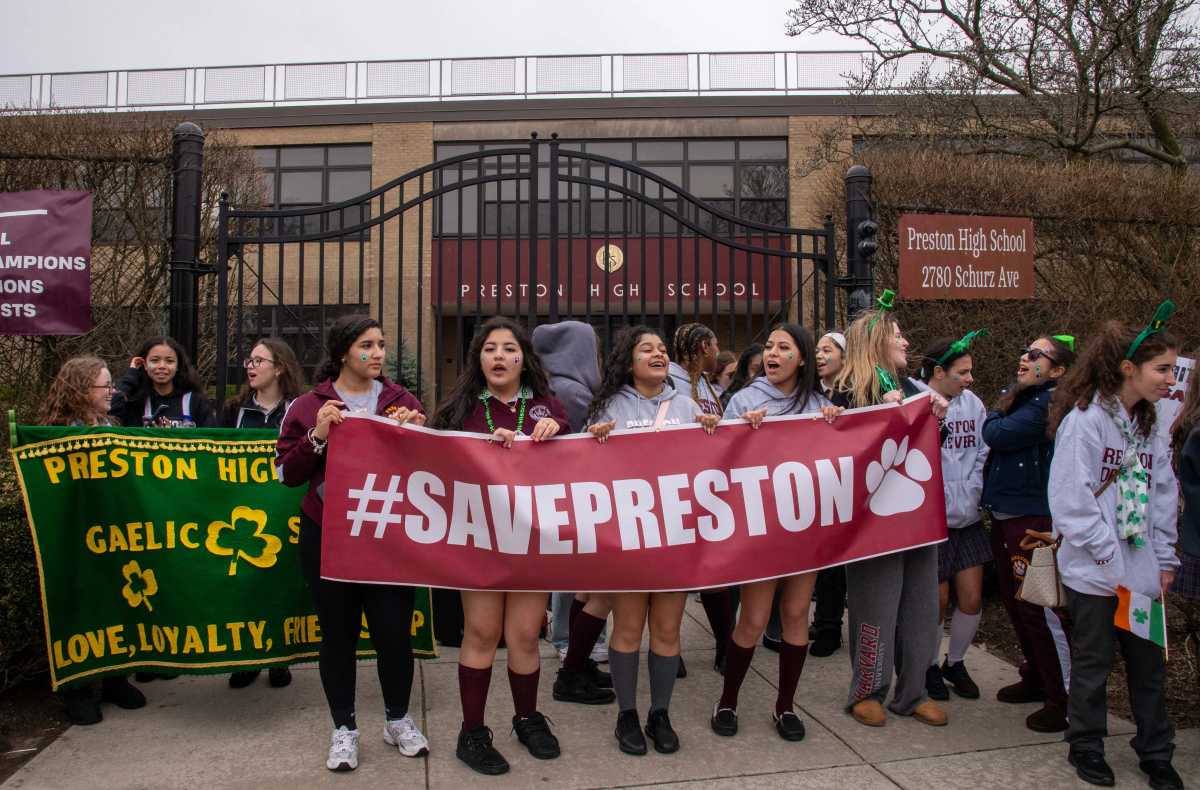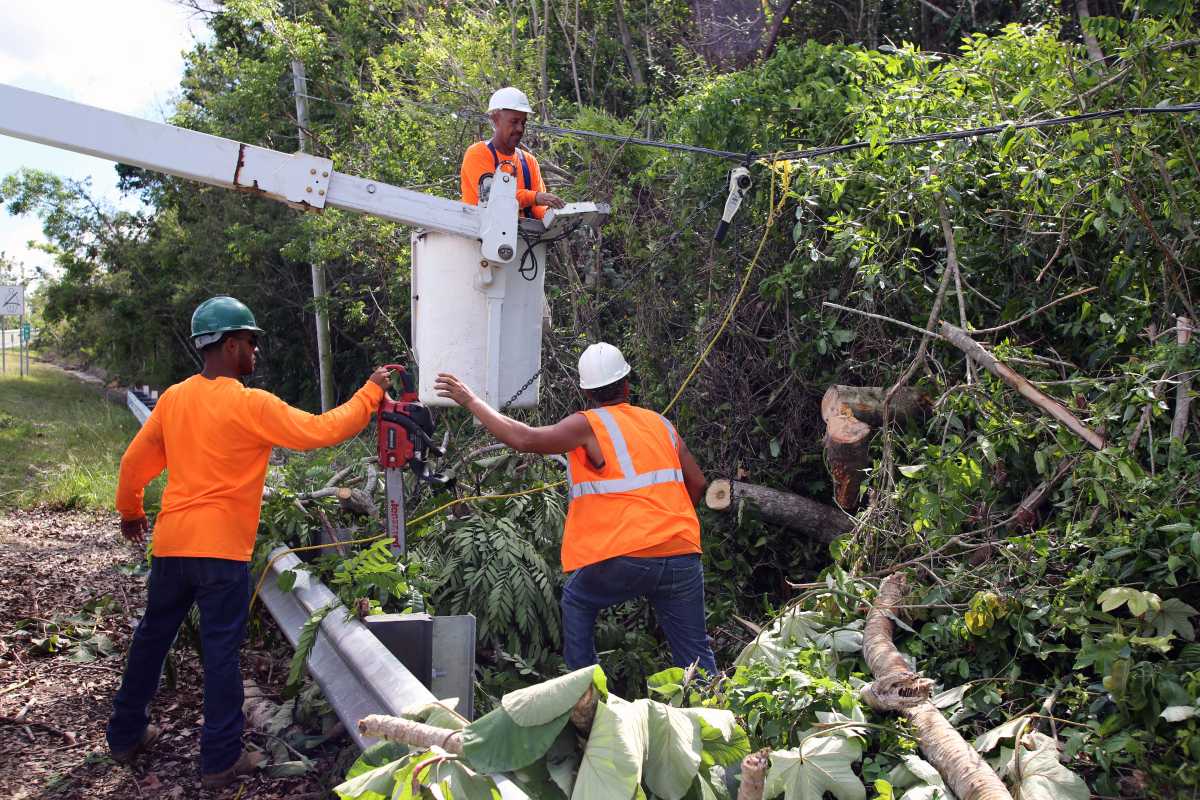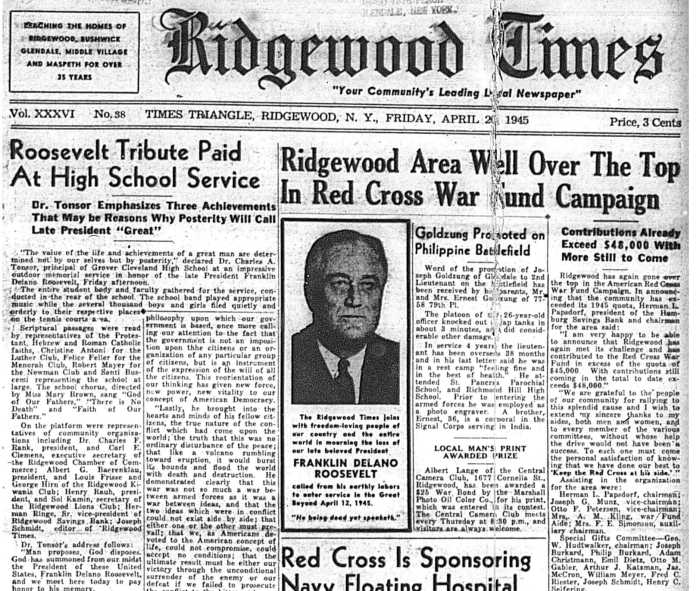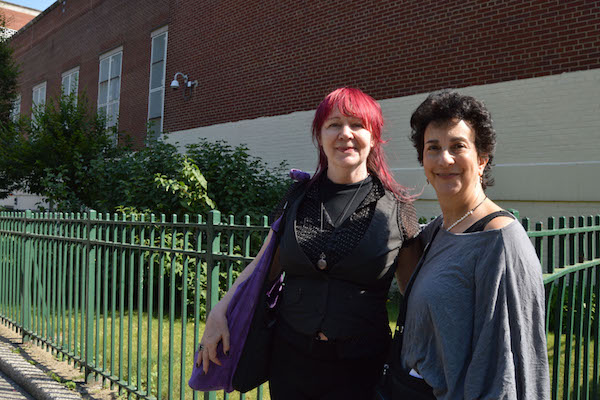
BY JACKSON CHEN | A group opposed to adding an affordable housing development to an existing transitional homeless shelter on West 108th Street has released an environmental study of adverse impacts it says the project would bring.
Save Manhattan Valley (SMV) maintains that the proposal for 250 units of affordable housing and an increase to 110 transitional homeless shelter beds would be detrimental to the neighborhood. The project’s sponsor, the West Side Federation for Senior and Supportive Housing (WSFSSH), a non-profit group, currently operates 92 transitional beds at the site at 149 West 108th Street.
To facilitate the project, WSFSSH needs to demolish three adjacent city-owned garages to make space for their development. While SMV claims that many have boiled down the issue to “people versus parking,” the group argues that much more is at risk, including the community’s quality of life and the safety of those nearby. In response to WSFSSH’s plans, SMV retained Michael Hiller, an attorney known for representing residential opposition to major developments, who in turn hired GHD Services, an engineering and environmental consulting firm.
GHD completed an environmental study in February and presented its results to SMV in March. The study outlined a number of potential hazards the project could create, including an increased risk of traffic accidents, the release of hazardous materials, and shadow impacts on nearby parks.
According to the study, there are risks that lead, asbestos, and gasoline from storage tanks beneath the existing garages could be released as part of the construction. If the development is completed as is proposed, the study asserted, the reduction of parking spaces would cause more gas emissions and a higher risk for traffic accidents due to more vehicles circling the block.
“If the city is doing its job, this environmental assessment leaves no doubt that the project must be stopped,” Hiller said. “But that assumes the city is acting as an honest and equitable decision maker.”
Meryl Zegarek, a founding member of Save Manhattan Valley, is hoping the environmental study will prompt the city to seriously consider their concerns.
“We’re hoping that it’ll start a discussion about it,” Zegarek said of the study. “I think people in the neighborhood have a right to know what’s going on and have a right to know what’s in the building.”
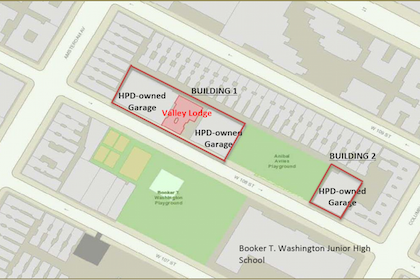
Hiller circulated the study to many elected officials, including City Councilmember Mark Levine, who contacted Mayor Bill de Blasio’s office about the project on March 21. According to documents received by Manhattan Express, Levine’s email stated he received the environmental study as well as a petition with a large number of signatures and supported the group’s request to meet with the mayor to discuss alternatives.
SMV emphasized that the group has identified 10 alternate project sites throughout the five boroughs that would suit WSFSSH’s needs, including a relatively nearby site at the soon to be emptied P.S. 191 campus at 210 West 61st Street.
“If this project can’t be done so it’s safe, and the height of the building can’t be brought down, and the garage spaces can’t be replaced,” Zegarek said, “maybe this just isn’t the right space for it.”
According to WSFSSH’s executive director, Paul Freitag, the organization is currently working with the city’s Housing Preservation and Development on the Uniform Land Use Review Procedure. Freitag noted that process would include an environmental review and offer opportunities for public input later in the spring.
“We are proud to count almost 20 neighborhood community organizations and Manhattan Borough President Gale Brewer as supporters not only of WSFSSH at West 108, but the idea that permanently affordable housing and resources for vulnerable seniors and families are a necessary component of our neighborhood and city,” Freitag said in a written statement.
The mayor’s office did not respond to a request for comment on Levine’s email seeking a meeting.



